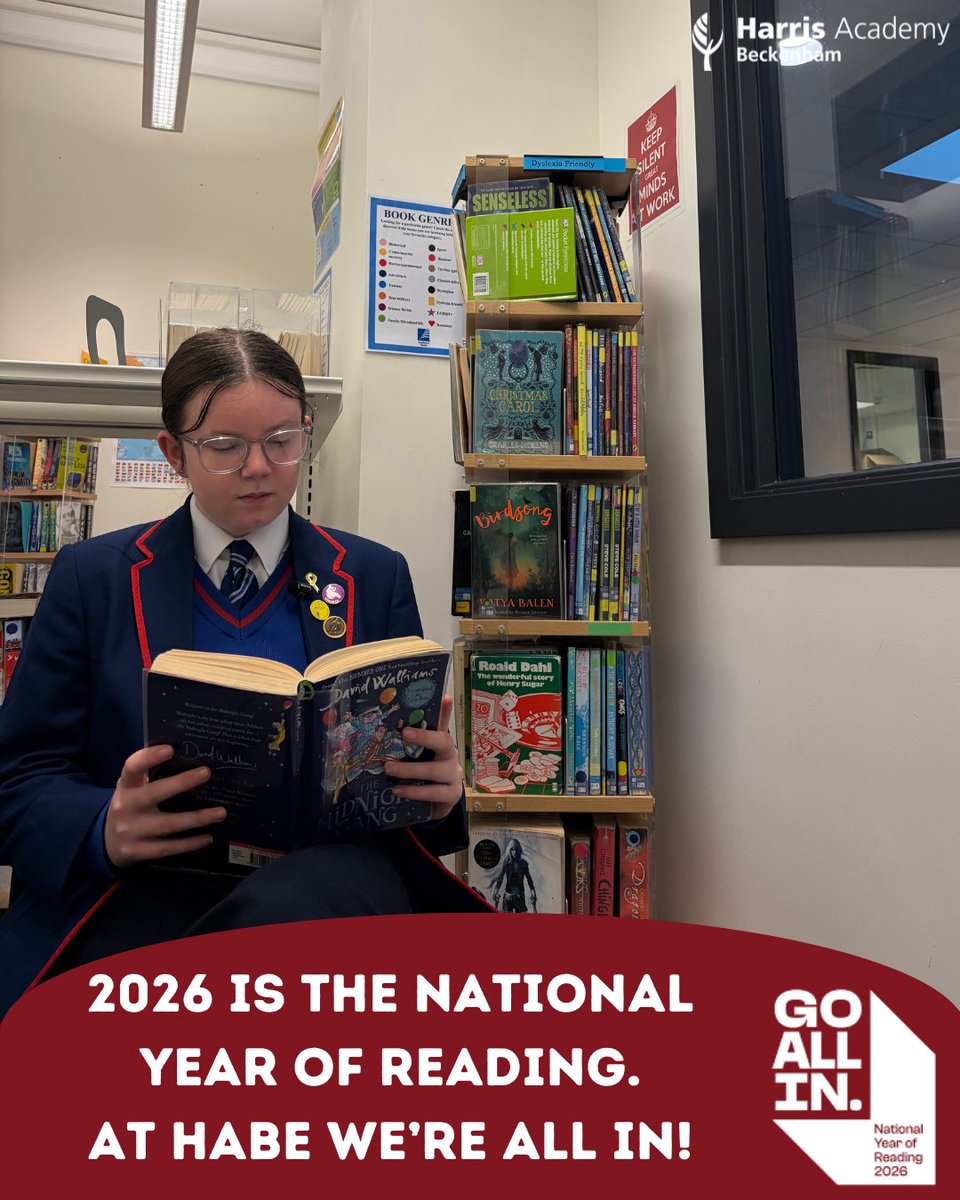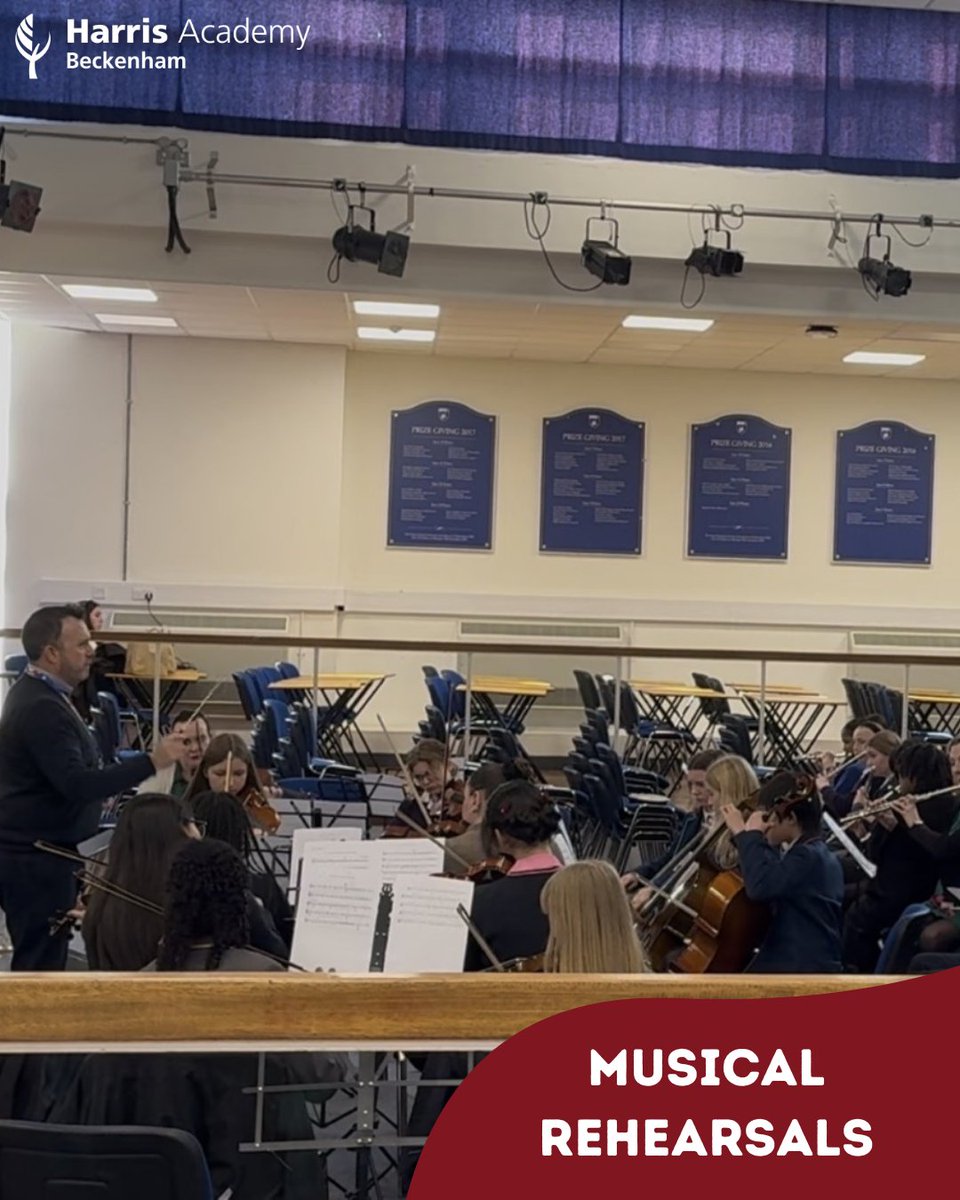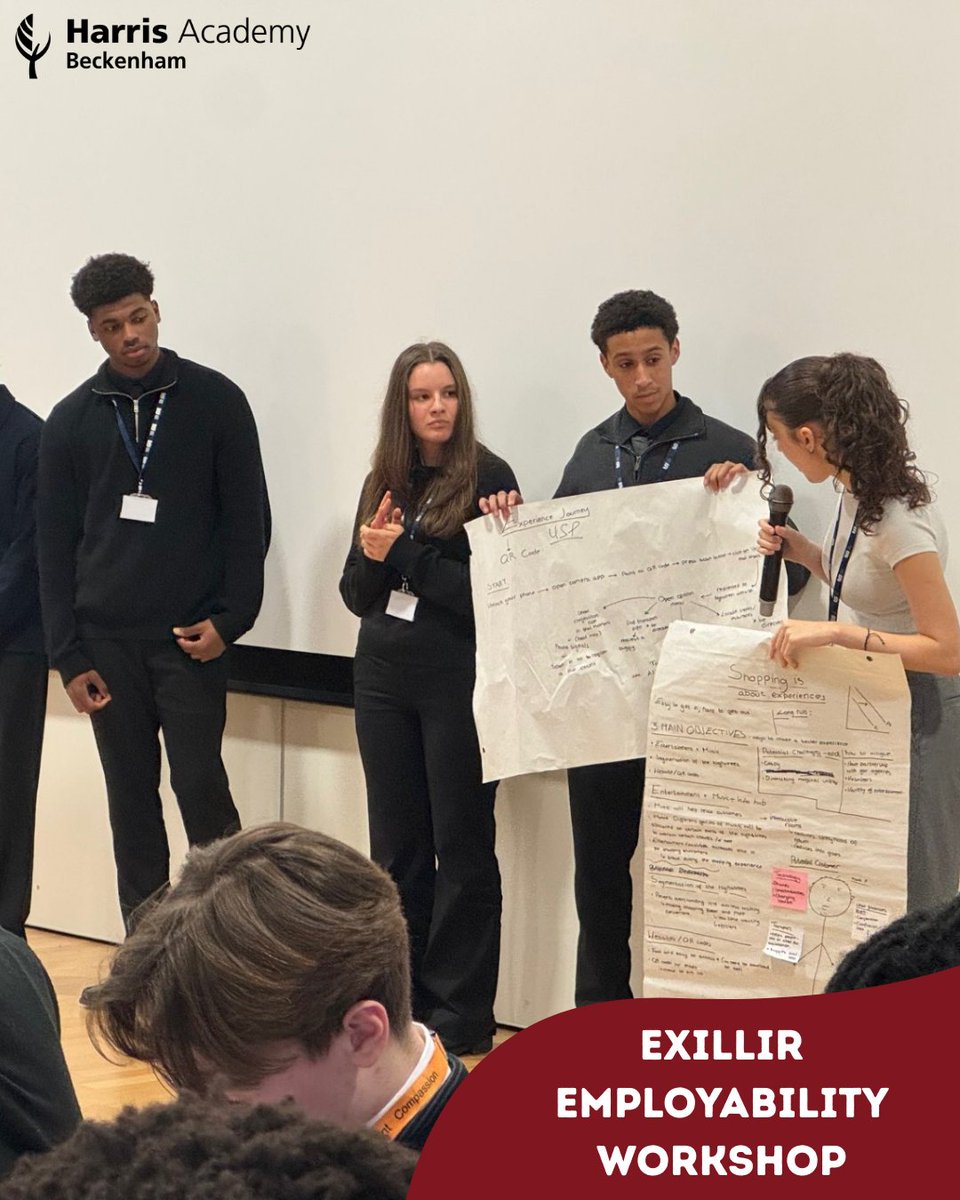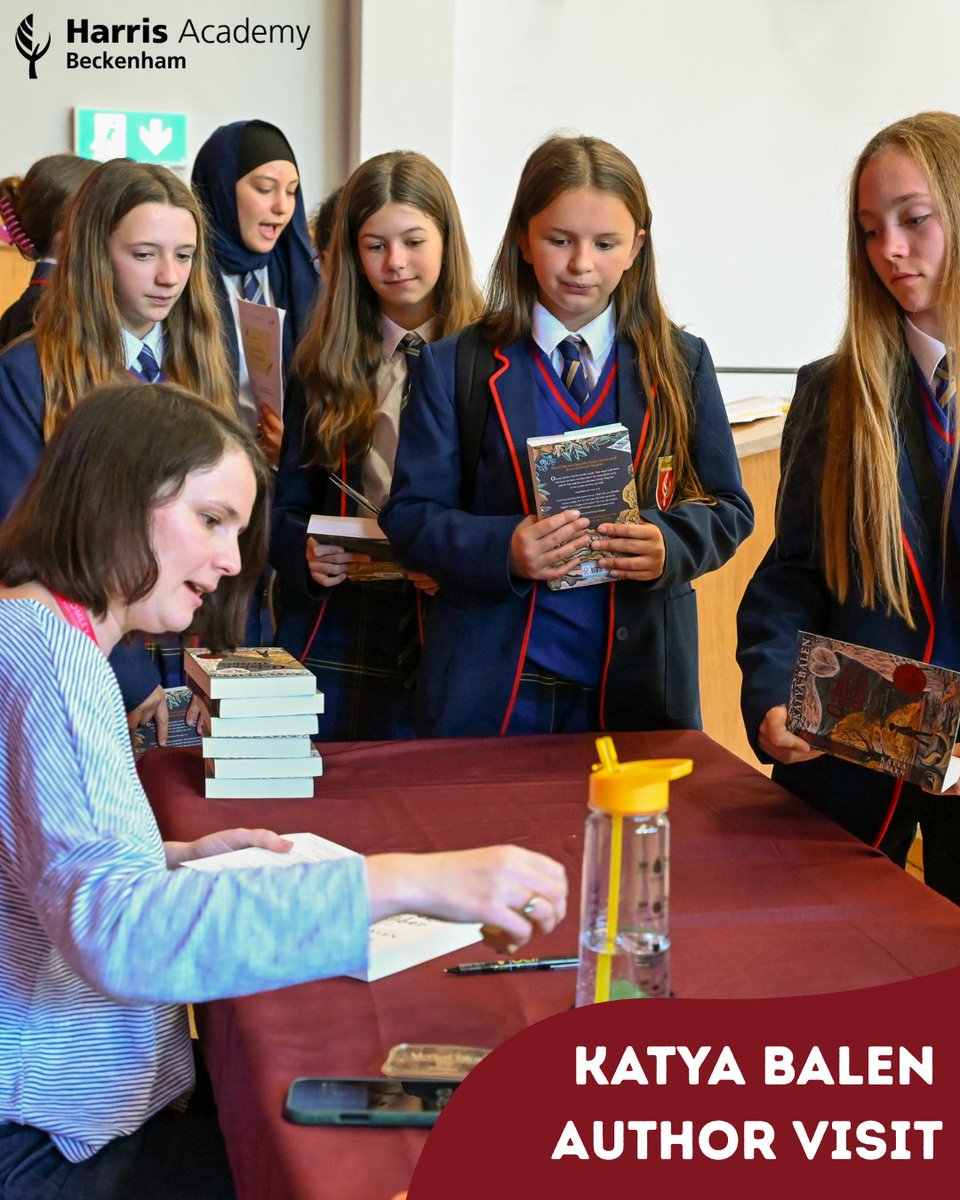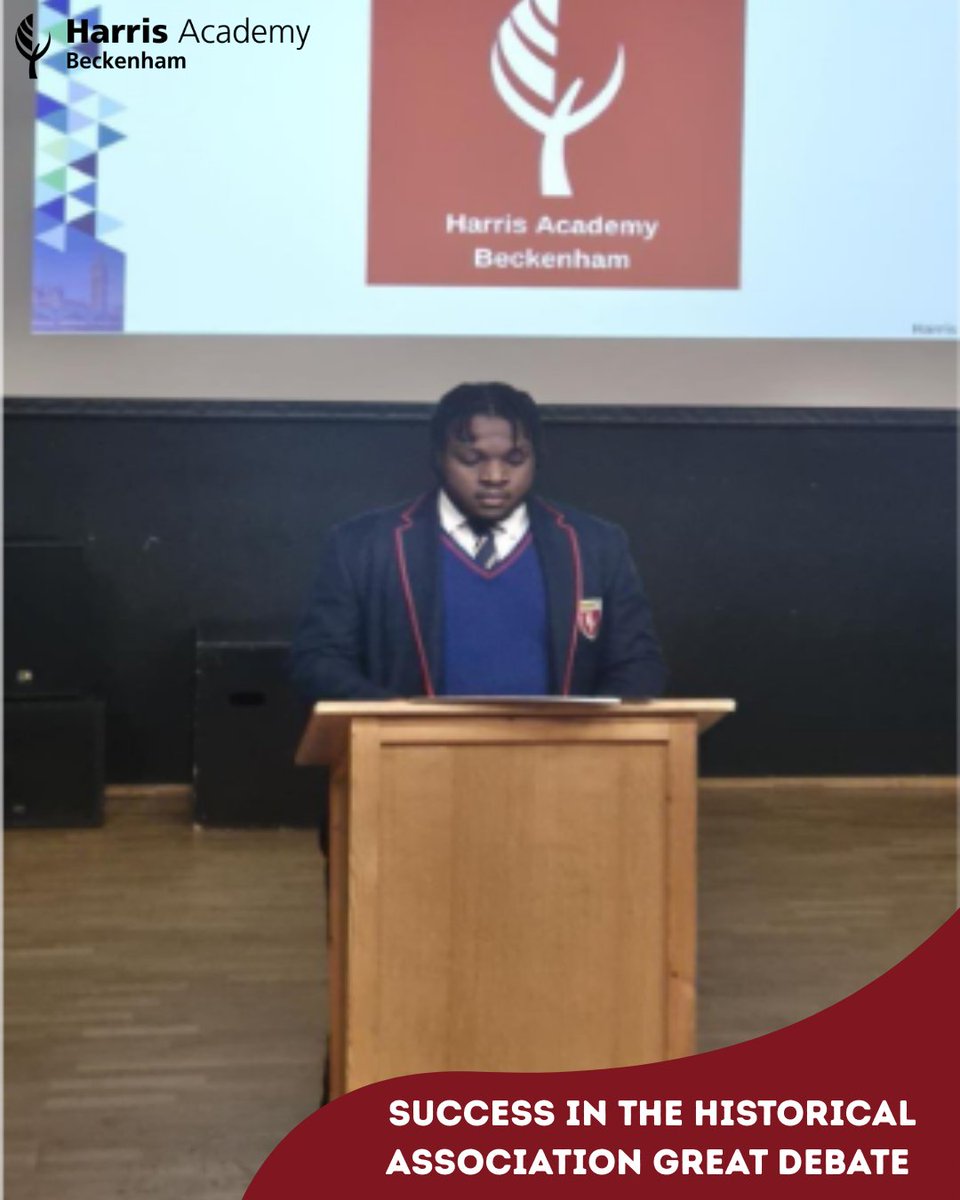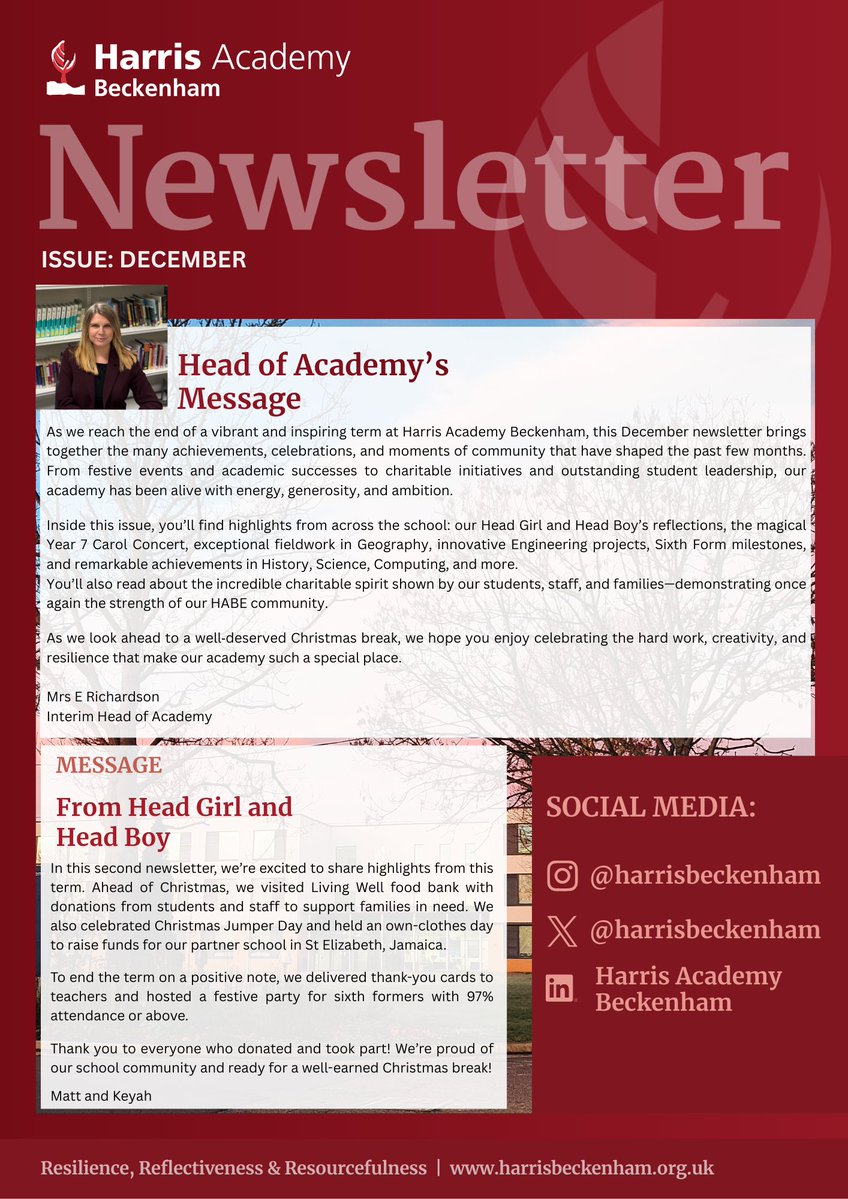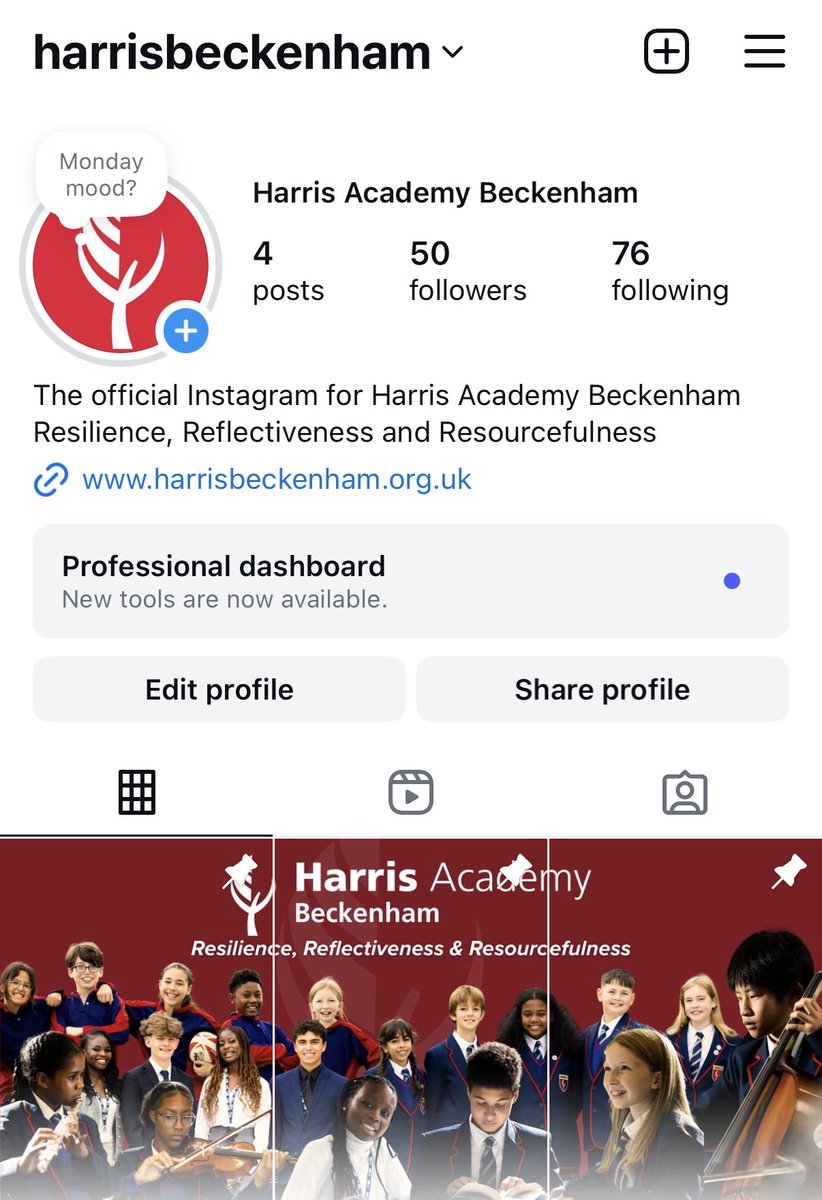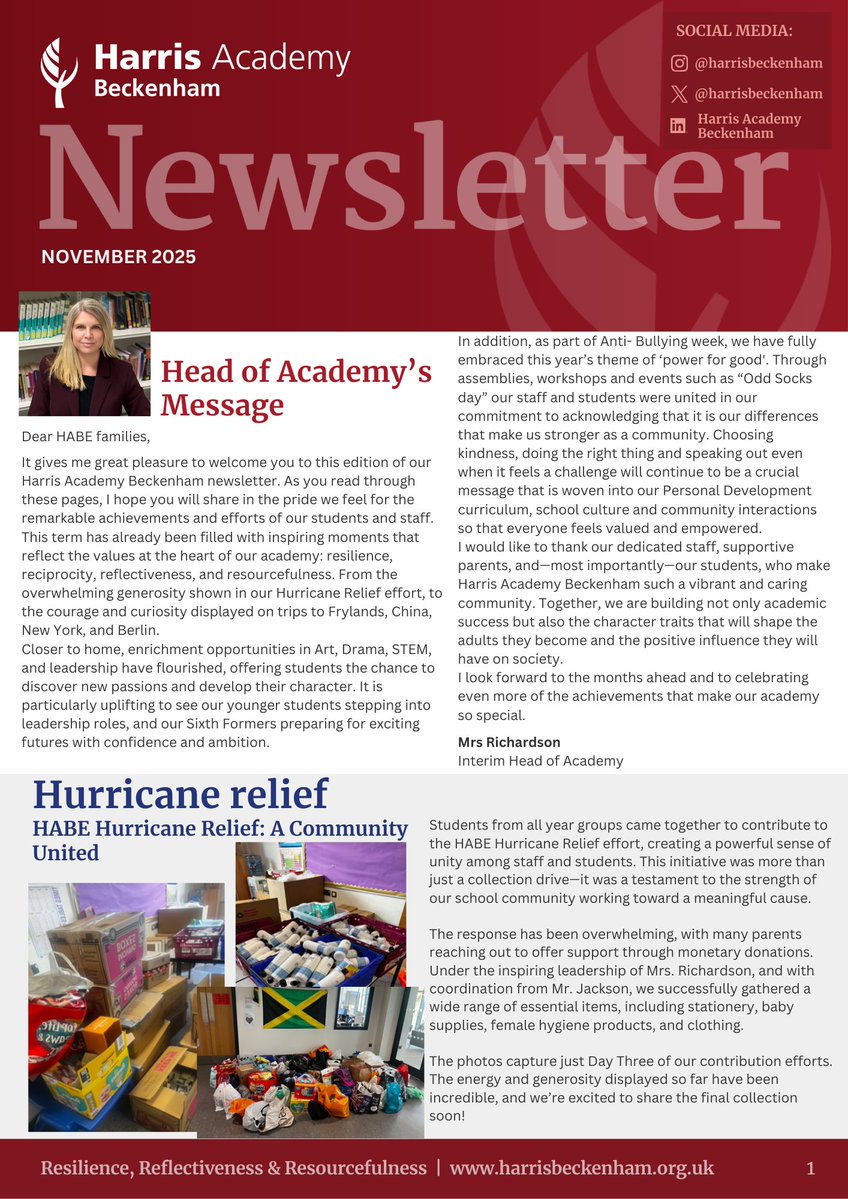Religious Studies
Curriculum Intent
The Religious Studies curriculum at HABE aims to enable the students to contribute towards a cohesive community embodying the HABE value ‘Together, we are more. Together, we are making a difference.” The curriculum empowers the students to explore interpretations of key religious scriptures, developments of faith and secularism globally and aims to create a well-rounded understanding of the main religious traditions of Great Britain while also developing extensive knowledge of the fastest growing religion in Great Britain and globally.
For further details of the Religious Studies curriculum please see the documents at the bottom of the page or contact Mrs. E Hamlin.
Students will acquire a religious and cultural literacy, which will enable them to engage fully in British culture, society, literature, and the arts through the extensive development of the Fundamental British Values. Students will have developed a working knowledge of and practical appreciation for the diverse range of religions and cultures present in our school, local and national community. The department believe that our students should be engaging actively and productively in the religious, cultural, civic and political life of the United Kingdom as thoughtful and reflective citizens through the careful development of the 4’rs of HABE, resilience, resourcefulness, reciprocity, and reflectiveness.
Students should feel equipped with the skills to engage in active discussions and show the ability to explain and evaluate current global political and religious contexts. Students at HABE will also be able to not only engage in current political and religious contexts but will also develop key interpersonal skills through self-exploration and interpretations to enable a respectful, reflective and a tolerant understanding of different beliefs, religions and traditions.
RS students expect to explore a religion’s beliefs through key enquiry questions or ‘Big Question’, which allow students to find purpose in their discoveries. This is mirrored through their exploration of religious practices. This is built upon in both KS4 RS where, students still use enquiries to explore, explain and analyse beliefs and practices. All students throughout the key stages expect to be ‘taught to the top’ and be challenged immediately and throughout their lesson through ‘thinking hard’ strategies which implore a Harris Beckenham student to emphasise thought when engaging with knowledge and exact fact.
Implementation
Students will be taught in two 80-minute periods a week, each lesson will be in pursuit of exploring key enquiry questions aimed at ‘Thinking Hard’ that will develop understandings of key religious and non-religious beliefs, practices, and interpretations.
In order to, secure effective implementation of this intent, there is an emphasis on sequencing and retrieval practice. To ensure the lessons preserve the integrity of the religious traditions they will be given tools and materials from a wide range of texts and sources. Students are also encouraged to build upon their reciprocity skills through the use of discussions, debates, and presentations. This will be based upon a wide range of beliefs, understandings, and interpretations to ensure that students are asking questions of religions whilst also allowing the students to understand the core values and the beliefs that uphold them; it is a discovery.
Impact
Students will have a detailed and powerful knowledge of religious beliefs will be evident through informally assessed practice of interleaving from lesson to lesson and use of content (in particular use of scripture, theological and philosophical vocabulary) in class debates, classwork and extended writing opportunities within “You do” tasks. Students will also be able to develop their own personal skills of resilience and resourcefulness through the frequent practices of peer assessments, public speaking and evaluation of current events.
Students will be confident in their knowledge of Religious Studies and be able to both verbally and in written form, explain their ideas in detail as well as justifying their points with well selected evidence. Students will also have an appreciation for the beliefs of others and why religious tolerance has an integral role to play in Society today.
Religious Studies will empower students and will promote their self-confidence through a wide range of academic challenges and enrichment opportunities. This will be to ensure that each student will not only develop academic resilience but will also become well-rounded global citizens who will actively promote a cohesive community both inside and outside the school.
